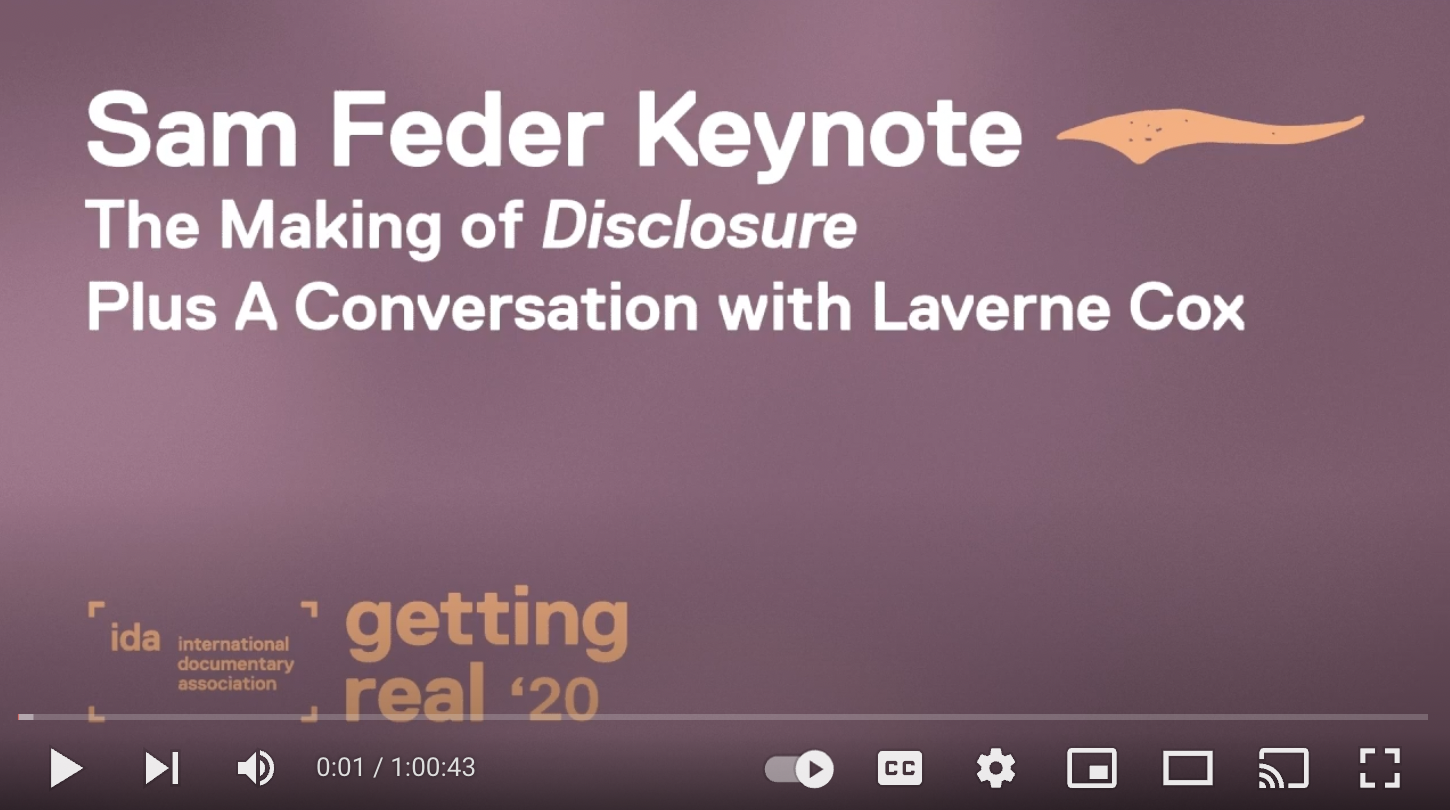On-Set Mentorship
Here, we highlight two examples of feature film projects that demonstrated their commitment to talent development through creating customized on-set training programs. In both examples, the creators, who are members of marginalized communities, intended to hire crews that were representative of their own communities. For roles where they weren’t able to source an experienced hire, they created a role for a mentee or fellow.
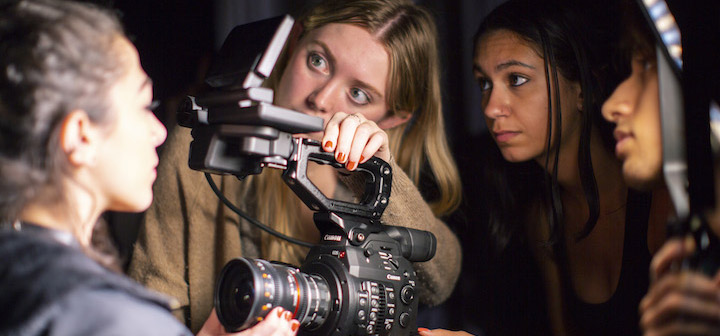
This is a practice that can be employed to build a more diverse pipeline of talent. In addition to the opportunity to create customized programs on your own projects, a number of state or municipal film offices have launched their own mentorship programs that you can access when shooting on location, including the Media Mentorship program in Washington state, or the City of Toronto’s XoTO program with high school students.
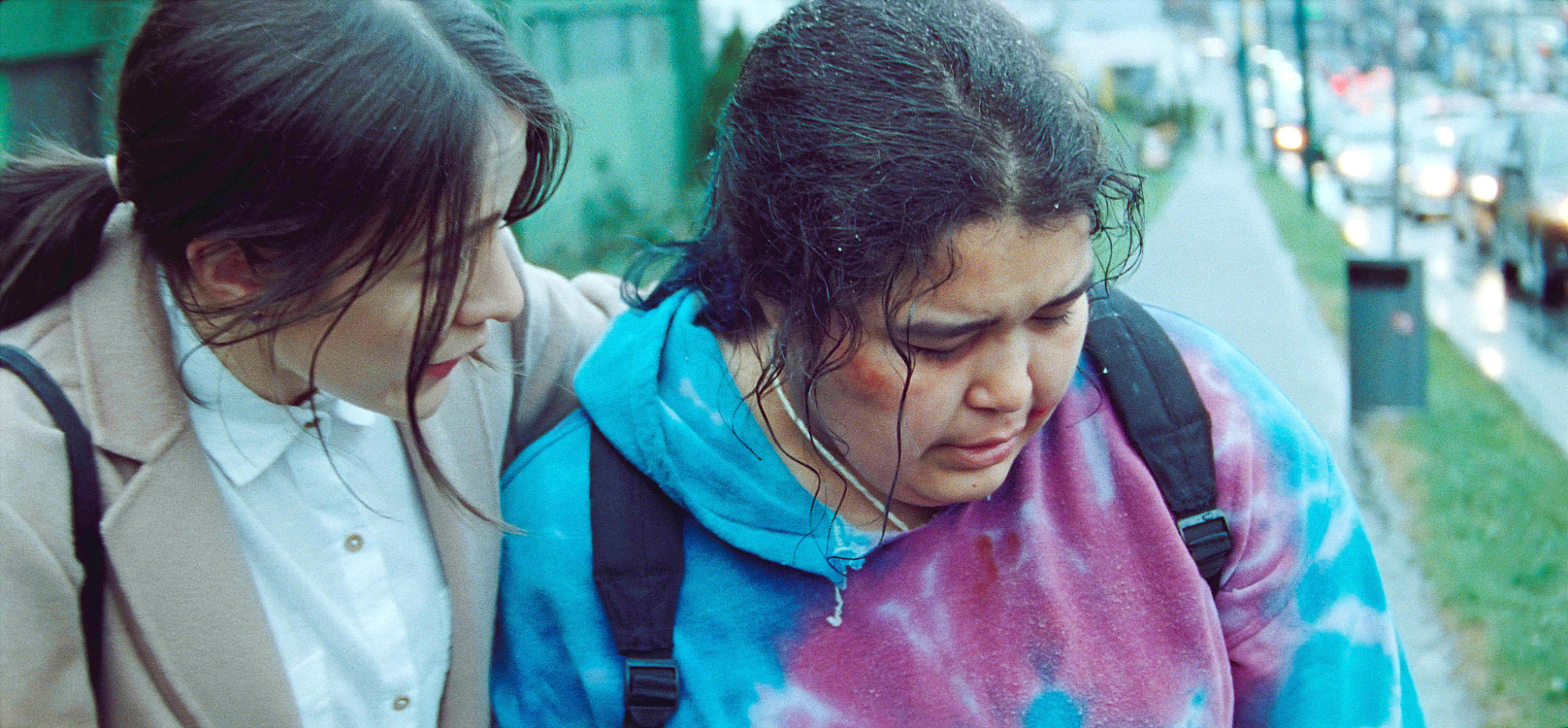
From Elle-Maija Tailfeathers, co-director and star of The Body Remembers When the World Broke Open:
“We had this Indigenous youth mentorship project which was so fundamental to the community and the grassroots approach we took to making this film. Film is often so extractive in terms of representing stories of marginalized people on screen, and we wanted this to not be that in any way. We wanted to build community and make sure we were not simply just extracting from the community the stories we were telling on screen.
We hired 11 Indigenous young people in all of our key departments, and they were there throughout the production process, some during pre-production, some in post. Having them there also made everything a little bit different. It grounded us in something real and reminded us of our responsibility to tell this story in the best way possible, in terms of being part of a community. Kathleen {Hepburn, Co-Director} and I worked very hard on building a sense of responsibility and respect within our cast and crew.”
Read MoreFrom Sam Feder, Director of Disclosure:
“Over 120 Trans people contributed to Disclosure,” Feder noted in the opening of his keynote speech at the Getting Real conference. “In production, we prioritized hiring Trans people. When we didn’t do that, we mentored a Trans person.”
The producers of Disclosure created a fellowship for nine trans creatives throughout production, in a variety of roles. These Fellows were “provided a daily stipend, meals, networking opportunities with industry professionals, hands-on training and mentorship.” On the set of Disclosure, Feder was able to integrate the Fellowship into the filmmaking process to support emerging mediamakers, explaining that the Fellowship was “not unidirectional.” Feder explained in his keynote that during breaks between filming interviews, he “would ask mentees if they had questions they wanted to include in the interviews. Some of the best stories came from those questions. There was this unnameable sense of being.”
Read More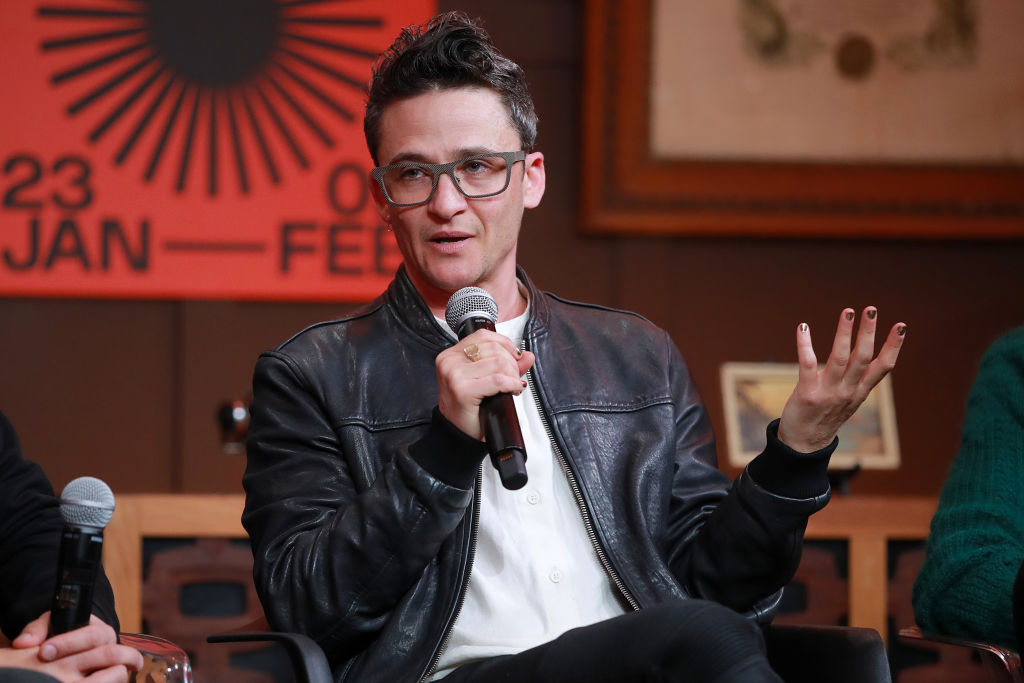
Below, watch Sam Feder’s “Get Real’ keynote where he speaks on the mentorship component of DISCLOSURE.
More resources for Production
Group Effort Initiative
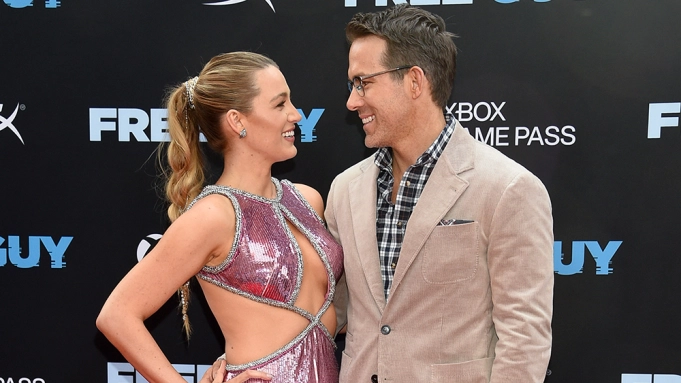
On-Set Training & Pipeline Programs
On-Set Training & Pipeline Programs
Entertainment Industry Fund Careers Program
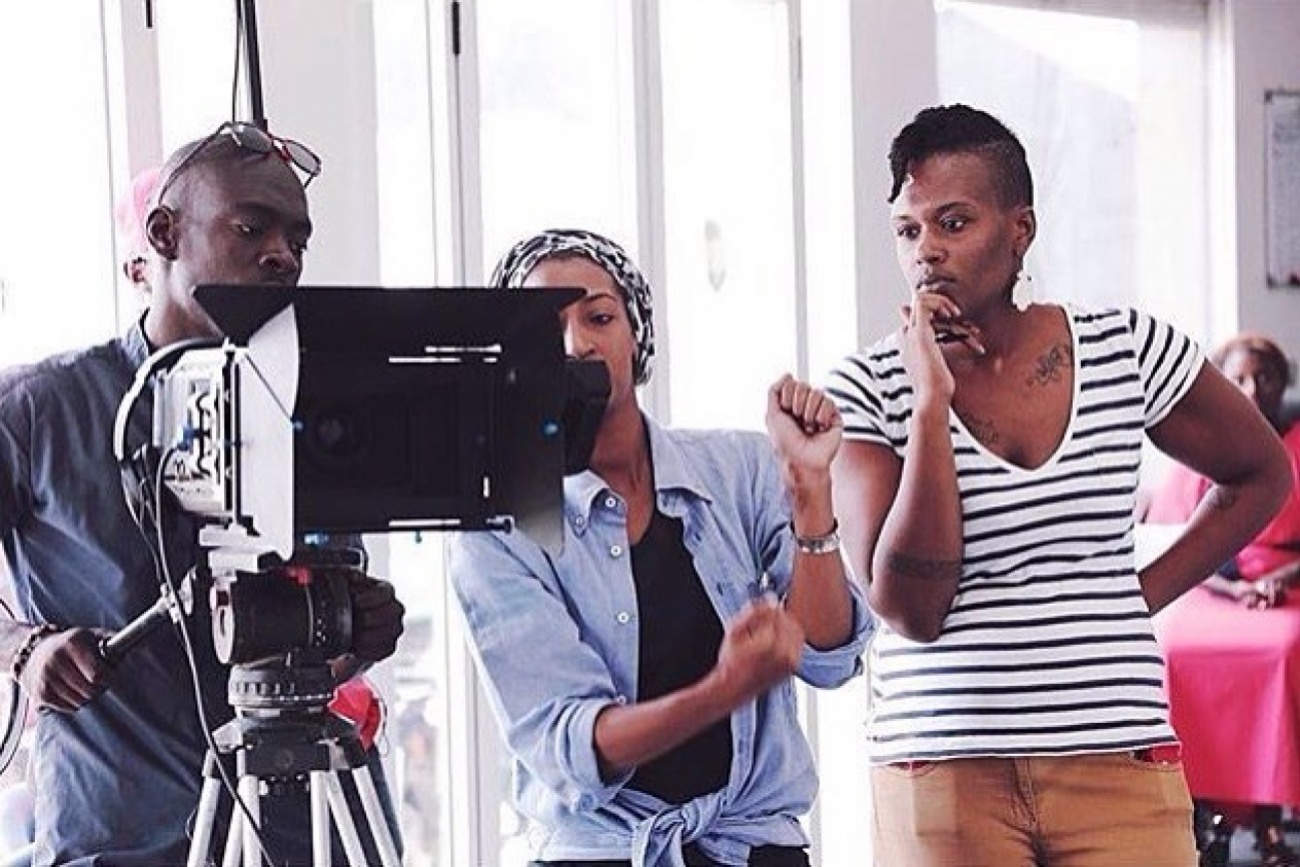
Pilot Career Pathways Training Program
On-Set Training & Pipeline Programs
